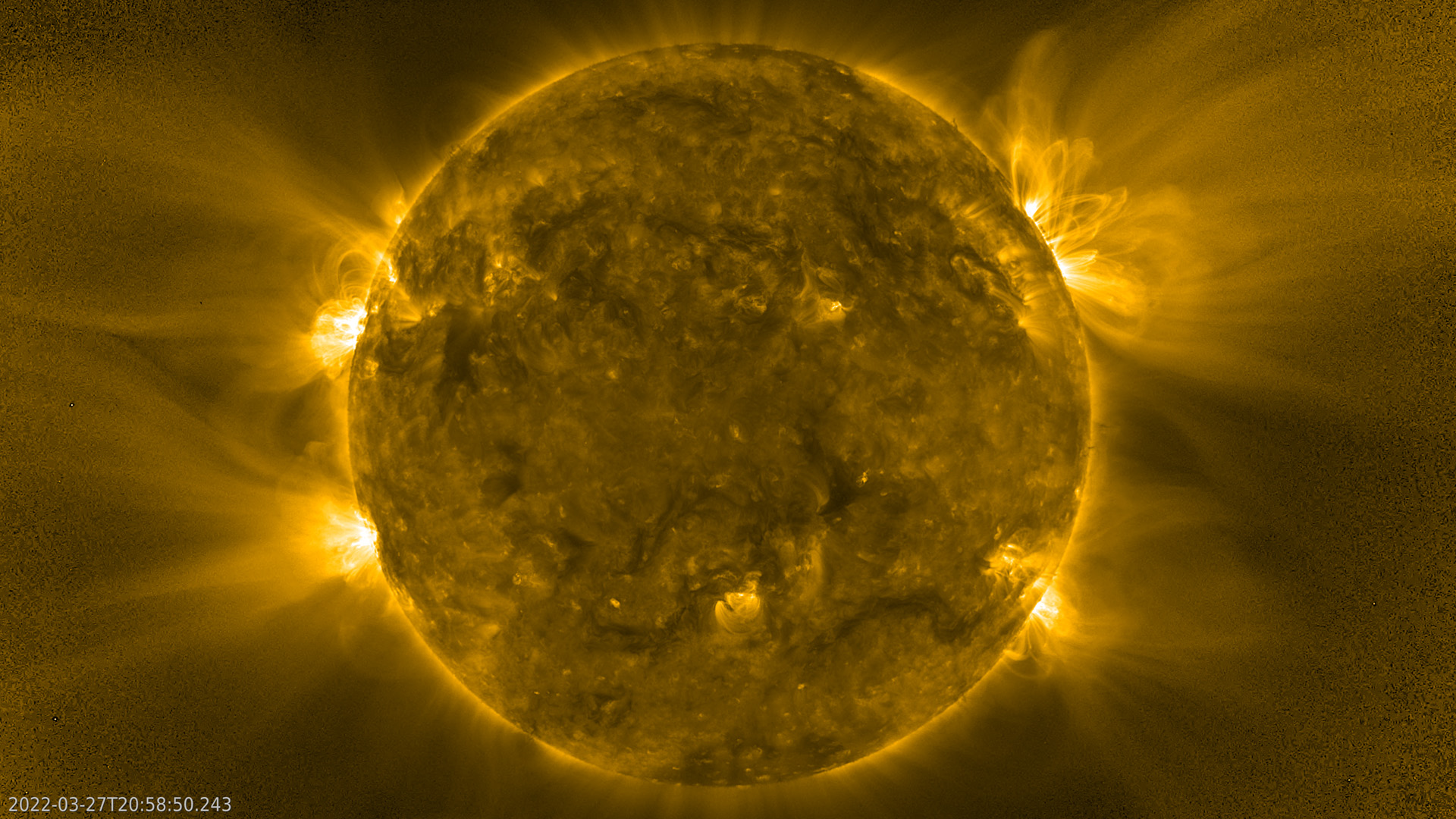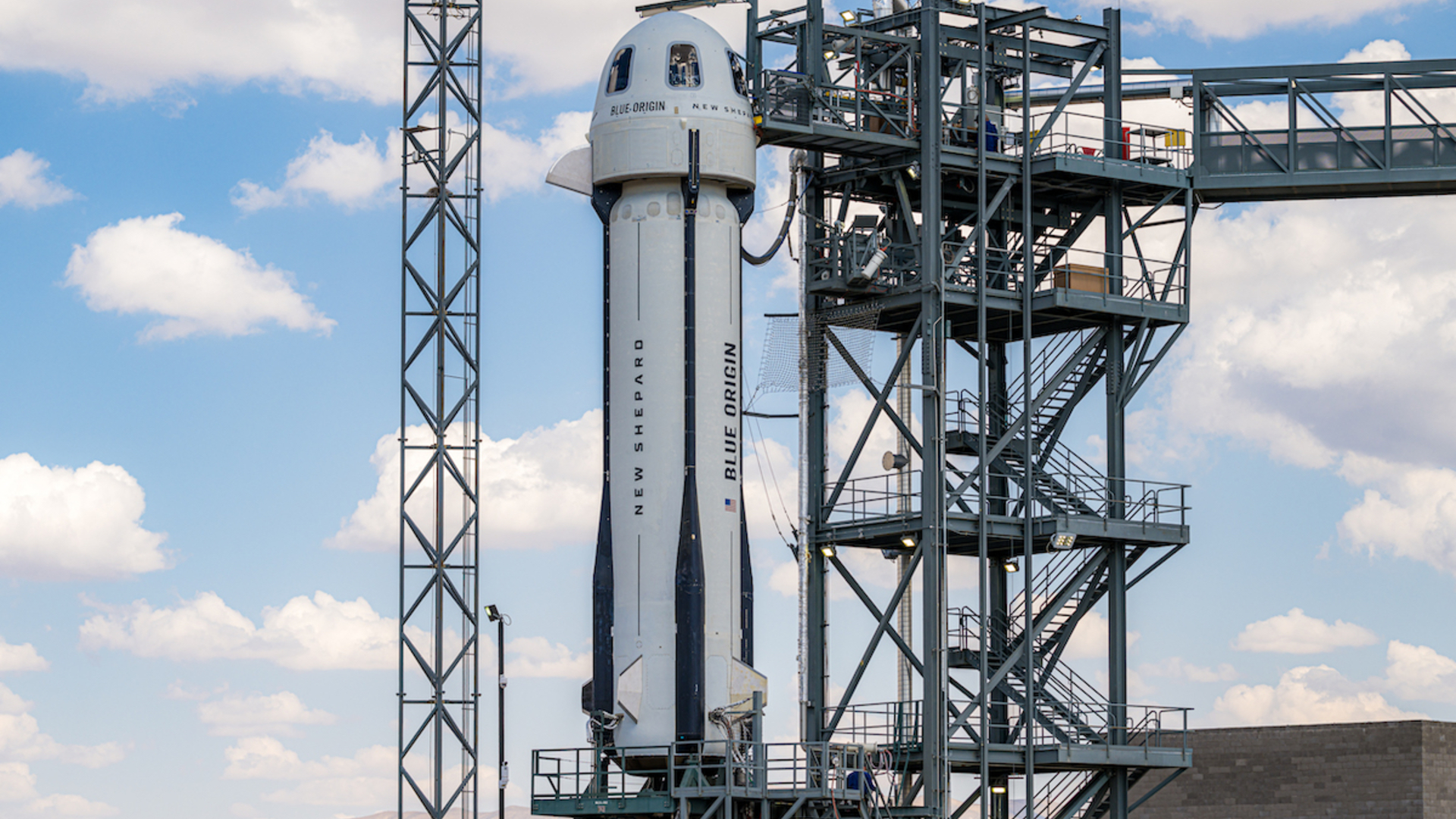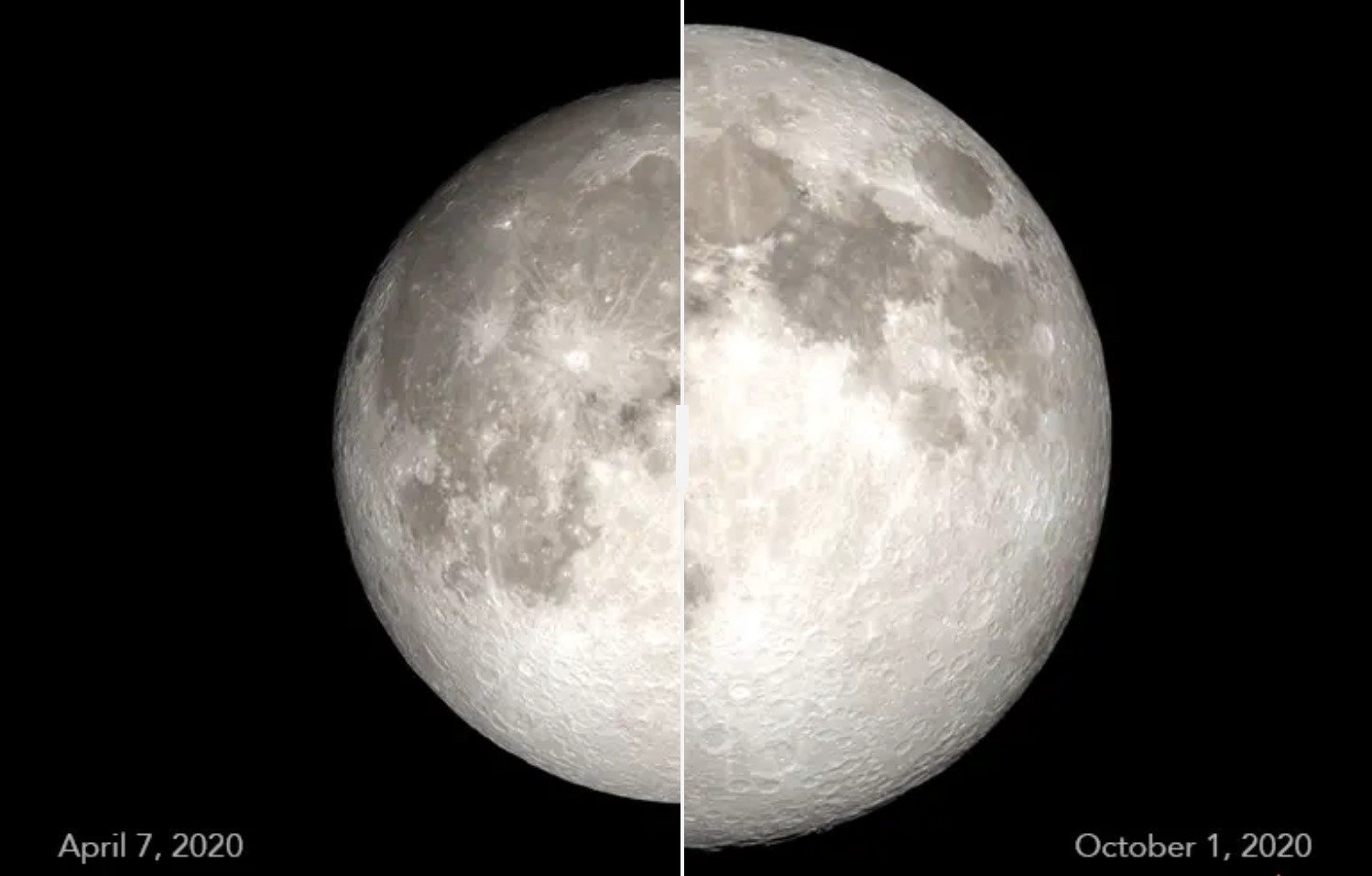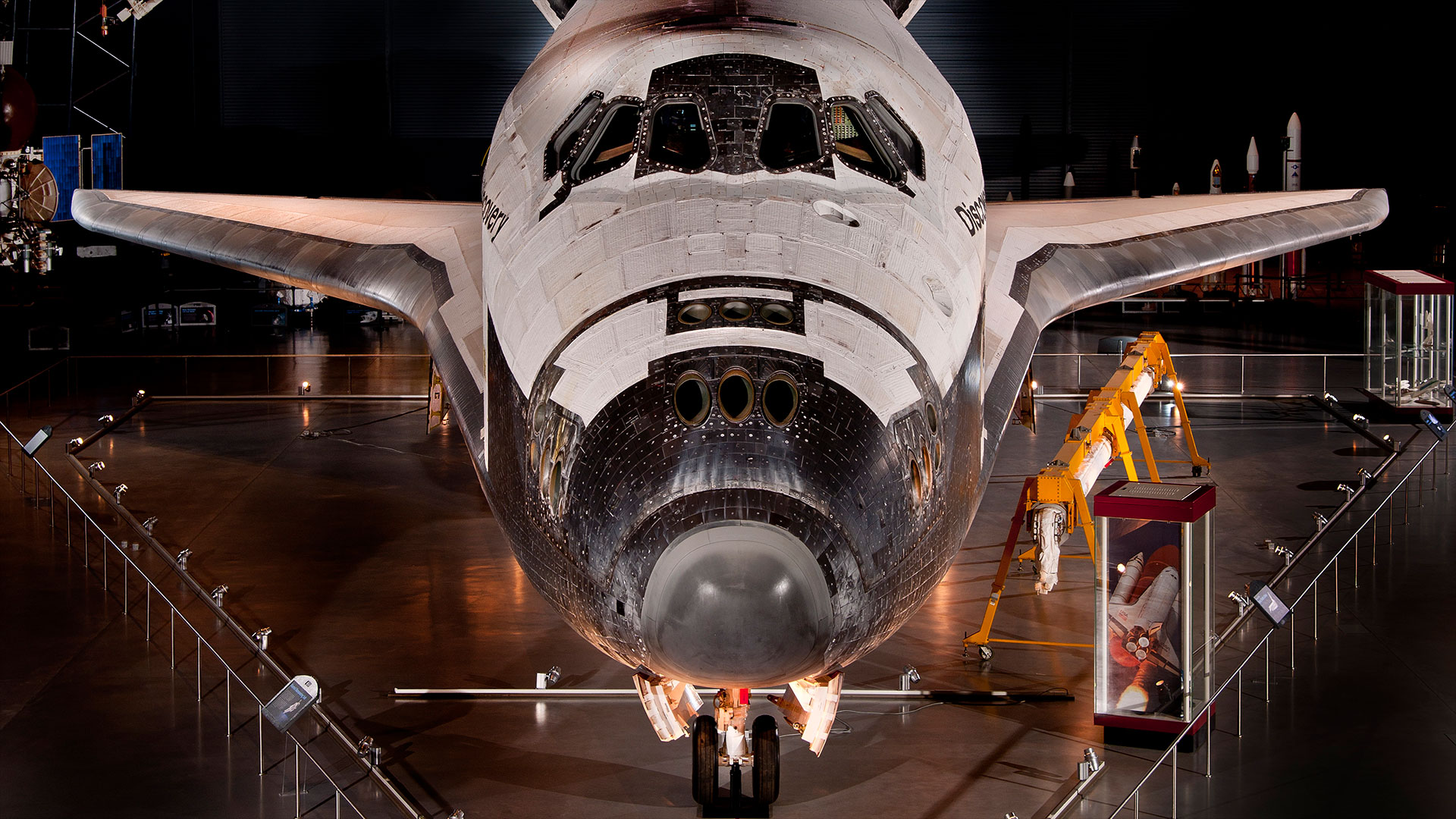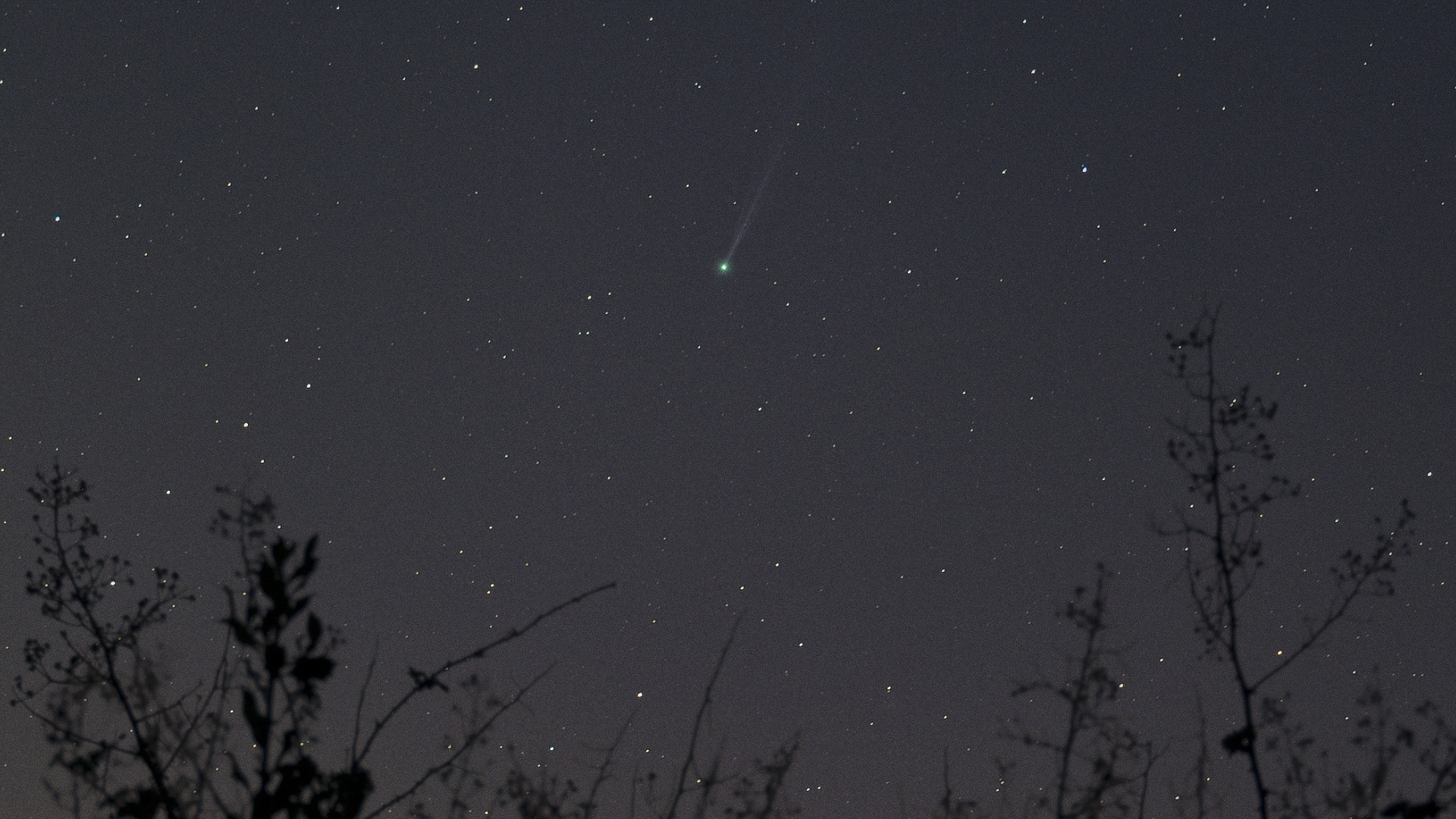Libya Pinpointed as Source of Months-Long Satellite Jamming in 2006
Aninvestigation into the months-long intentional jamming of mobile satellitecommunications provided by Thuraya Satellite Telecommunications of Abu Dhabiconcluded that the jamming came from Libya, one of Thuraya's shareholders,according to officials familiar with the episode.
In perhapsone of the most persistent jamming events ever recorded in the commercialsatellite sector, Libyan nationals operating from three widely separatedlocations inside Libya--at least one of them a restricted military site--compromisedthe L-band communications signals from Thuraya for more than six months in2006, officials said.
The jammingdealt a blow to Thuraya's 2006 revenues at a time when the company is trying toexpand into Asia and complete the launch of its third satellite.
Officialssaid the jamming ceased only in late August 2006 after a diplomatic initiativemade by the government of the United Arab Emirates to the government of Libya.
"Once thediplomatic channel was employed the problem was solved in a very short time,"one official said. "Those doing the jamming were apparently concerned thatsmugglers carrying Marlboro cigarettes or other contraband from Chad or Niger into Libya were using Thuraya satellite phones. They wanted to disrupt theiroperations and thought this was a way to do it. I don't know whether they evenrealized the effect this was having on the Thuraya signal way beyond theborders of Libya."Thuraya officials have declined to comment on the problembeyond saying they relied in part on technical assistance from the Thurayasystem's prime contractor, Boeing Satellite Systems International. Boeingofficials also have declined to discuss the matter, referring questions toThuraya. The Libyan embassy in Paris did not respond to requests for comment.
With thegrowth of satellite communications, globally signal jamming like piracy --hijacking a frequency to replace the intended programming with the hijackers'message--has cropped up from time to time.
In Asia,both APT Satellite Holdings Ltd. and AsiaSat of Hong Kong have suffered theoccasional TV-signal hijacking by groups believed to be in support of the FalunGong dissident group in China.
Get the Space.com Newsletter
Breaking space news, the latest updates on rocket launches, skywatching events and more!
In France, operators of the French Syracuse military telecommunications system say their satellites'signals in the Middle East have been subject to attempted jamming.
But inthese cases the signals were compromised for only short periods or overcome bythe satellites' onboard anti-jam systems in the case of the French Syracuse.
The head ofone satellite-fleet operator said that in Asia in particular, his company haspurposely offered narrow beams for certain markets to make it more difficult toinvade the signal.
Severalcommercial satellite-fleet operators have said they are considering theaddition of nulling antennas or other onboard gear to provide at least someprotection to their satellite signals. But the cost of the added hardwareremains an issue.
Industryofficials said that once a signal is interrupted, it can take time to determinewhether the interference is intentional or the result of misuse of aground-based antenna by a novice operator.
This iswhat happened with Thuraya. Industry officials said that because of Thuraya'soperations in the Middle East, and because Thuraya's owners includegovernment-owned telecommunications operations from most Arab and Muslimgovernments in the region, the jamming was immediately assumed to be of U.S. or Israeli origin.
But as theweeks passed and the jamming did not cease or change characteristics, Thurayawas forced to maneuver its large satellite, located at 44 degrees east ingeostationary orbit, to try to isolate the location.
"What youcan do is turn the satellite slightly to see whether it changes the strength ofthe jamming signal," said one official. "As you perform the maneuver, you watchto see when the signal increases or decreases and this allows you to begin todetermine the geographic location of the problem."
Officialssaid that once this was done, Thuraya deployed representatives to visit theareas where the jamming antennas were thought to be, and found that at leastone of them was a Libyan military installation. "They were denied access to thesite and told to turn around," one industry official said. "It was laterdetermined that there were three sites performing the jamming operations, notjust a couple of guys acting on their own. Having a shareholder do this wascertainly not what we expected."
Join our Space Forums to keep talking space on the latest missions, night sky and more! And if you have a news tip, correction or comment, let us know at: community@space.com.

Charles Q. Choi is a contributing writer for Space.com and Live Science. He covers all things human origins and astronomy as well as physics, animals and general science topics. Charles has a Master of Arts degree from the University of Missouri-Columbia, School of Journalism and a Bachelor of Arts degree from the University of South Florida. Charles has visited every continent on Earth, drinking rancid yak butter tea in Lhasa, snorkeling with sea lions in the Galapagos and even climbing an iceberg in Antarctica. Visit him at http://www.sciwriter.us

